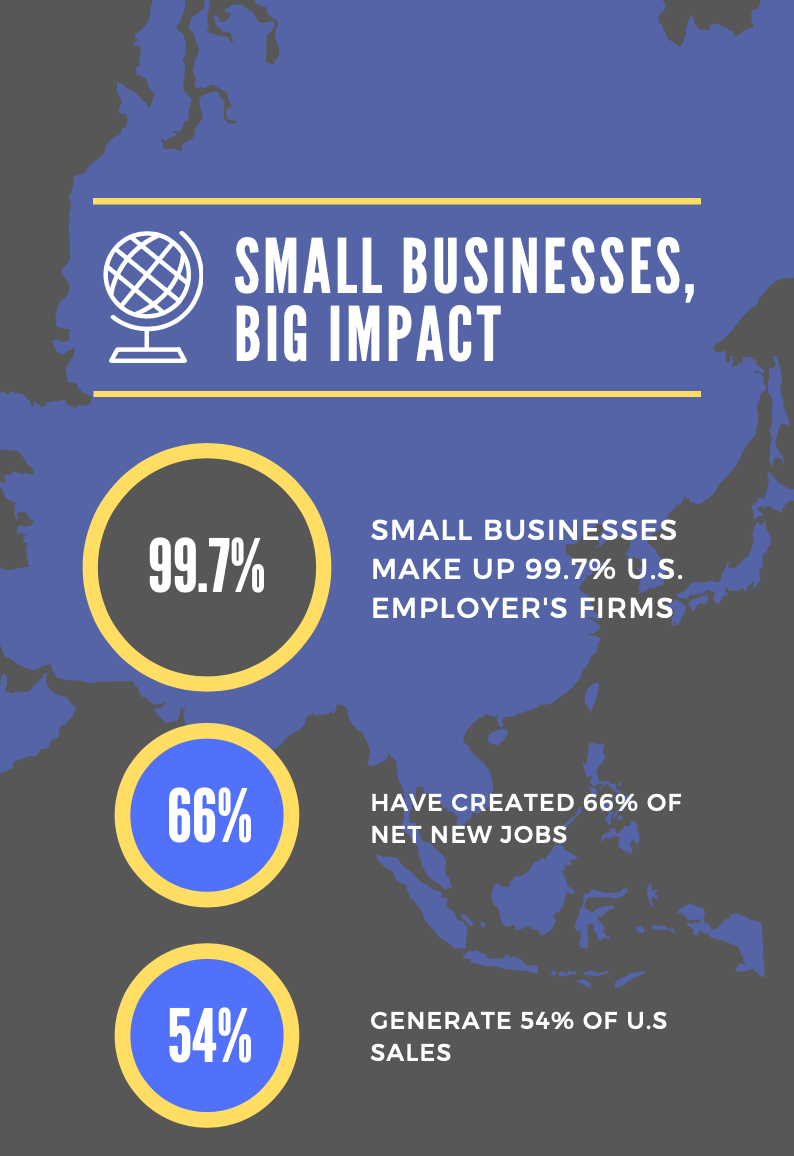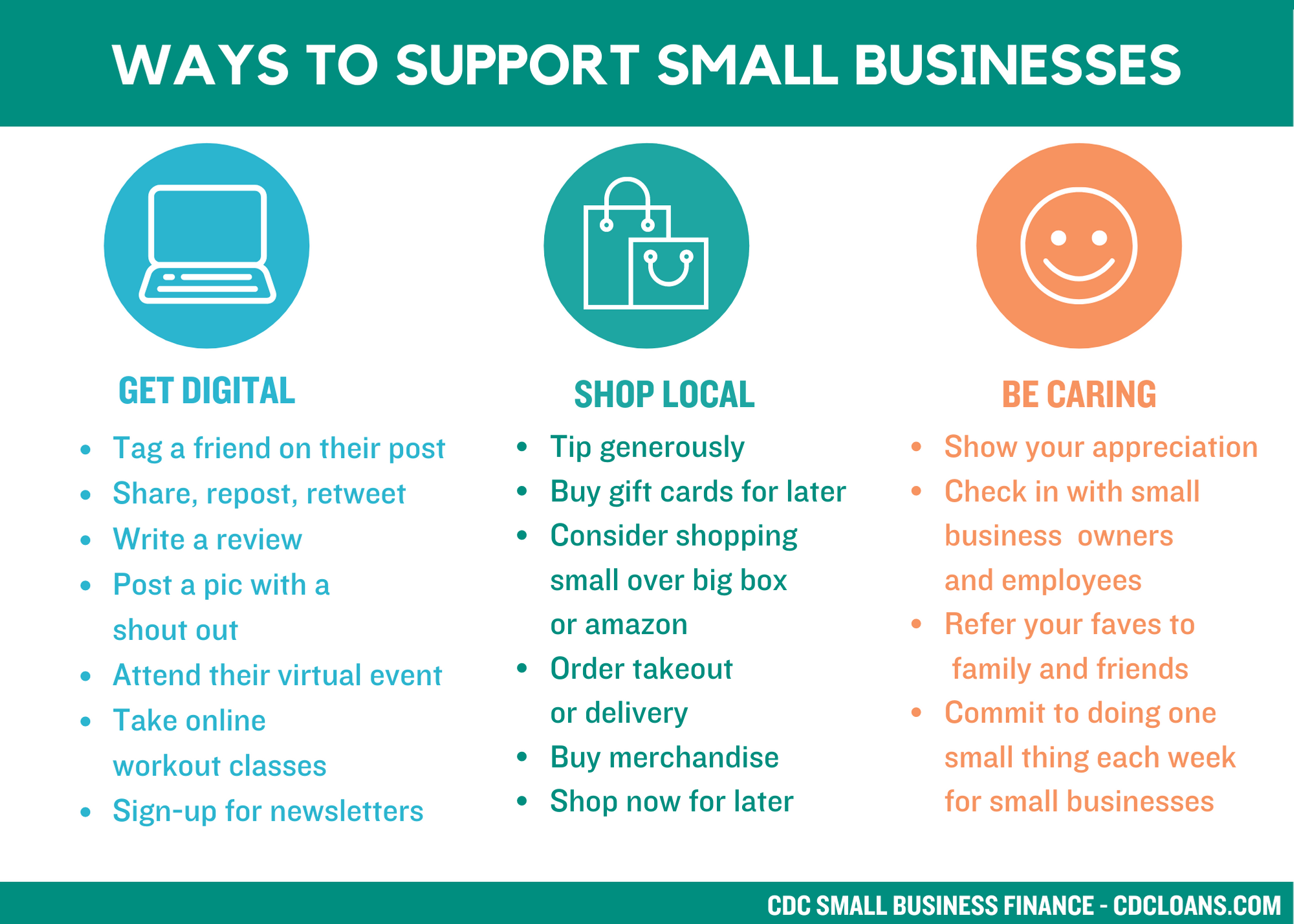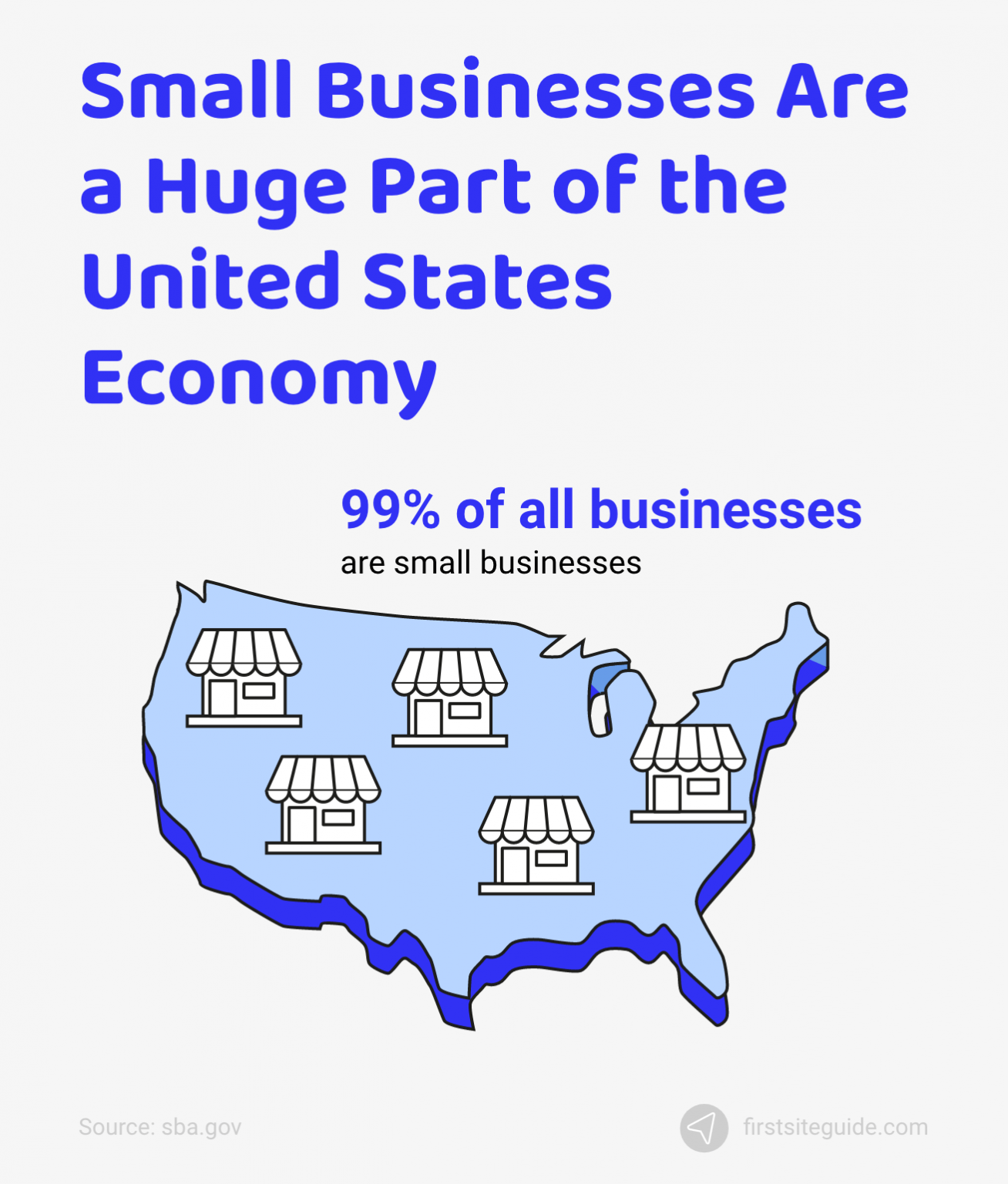How Do Small Businesses Help The Economy
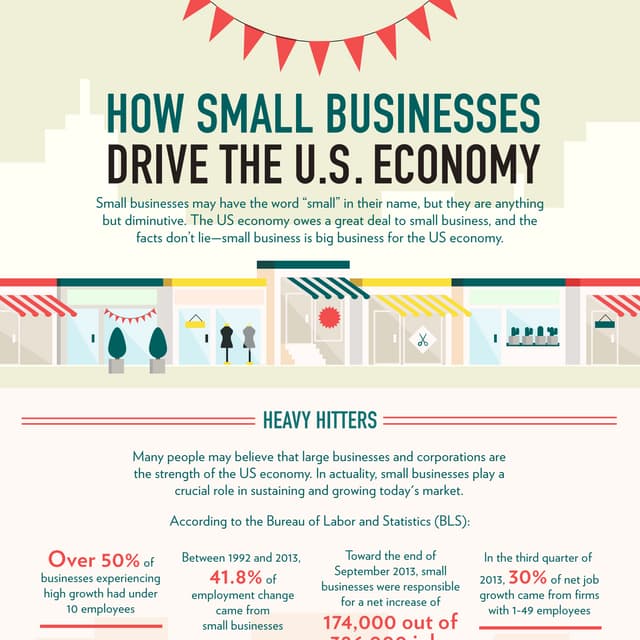
The aroma of freshly brewed coffee wafts through the air, mingling with the gentle clatter of keyboards and the murmur of friendly chatter. Sunlight streams through the large windows of "The Daily Grind," a local cafe that's become a neighborhood hub. This vibrant scene, repeated in countless small businesses across the nation, represents more than just a place to grab a latte – it's a microcosm of the powerful engine that drives much of the American economy.
At the heart of every thriving community lies a network of small businesses. These enterprises, often overlooked in discussions of the national economy, play a vital role in job creation, innovation, and community development. Understanding their significance is crucial to fostering a healthy and resilient economic future.
The Backbone of Job Creation
Small businesses are the unsung heroes of job creation. According to the Small Business Administration (SBA), small businesses create about two out of every three new jobs in the United States. They are often more willing to take a chance on local talent and provide entry-level opportunities for young people and those re-entering the workforce.
Unlike large corporations, which often prioritize automation and global expansion, small businesses tend to invest directly in their local communities, creating jobs that stay within the area. This commitment to local employment contributes to a more stable and equitable distribution of wealth.
Fueling Innovation and Competition
Small businesses are often incubators of innovation. Free from the rigid hierarchies and bureaucratic processes of larger companies, they are more agile and adaptable, fostering a culture of experimentation and creativity. This nimbleness allows them to quickly respond to changing consumer needs and market trends.
The US Chamber of Commerce emphasizes the role of small businesses in driving competition. They challenge established players, forcing them to innovate and improve their products and services. This competition ultimately benefits consumers through lower prices, better quality, and greater choice.
Community Development and Social Fabric
Small businesses are deeply embedded in their communities, contributing to the local economy in ways that extend beyond simple transactions. They often sponsor local sports teams, donate to charities, and participate in community events. This involvement strengthens the social fabric and fosters a sense of belonging.
These businesses contribute to the unique character of a neighborhood, differentiating it from other cookie-cutter commercial districts. Main Street businesses offer personalized service and build relationships with their customers, creating a sense of community that is often lacking in larger, more impersonal retail settings.
A Look at the Numbers
According to data from the Bureau of Labor Statistics, small businesses account for a significant portion of the US economy. They represent nearly half of the private sector workforce, demonstrating their undeniable economic impact.
Furthermore, studies have shown that communities with a strong small business presence tend to have higher levels of civic engagement and social capital. This suggests that small businesses not only contribute to the economy but also to the overall well-being of the community.
Challenges and Support
Despite their importance, small businesses often face significant challenges, including access to capital, regulatory burdens, and competition from larger corporations. Government programs, such as those offered by the SBA, provide crucial support in the form of loans, grants, and technical assistance.
Organizations like SCORE offer mentorship and guidance to entrepreneurs, helping them navigate the complexities of starting and running a business. Community support, through initiatives like "shop local" campaigns, is also vital for their success.
Investing in small businesses is an investment in the future of our communities and our nation as a whole. By supporting these enterprises, we can foster job creation, stimulate innovation, and strengthen the social fabric of our society.
Looking Ahead
As we navigate an increasingly complex and interconnected global economy, the role of small businesses will only become more critical. Their agility, innovation, and commitment to local communities make them essential drivers of sustainable economic growth.
By recognizing and supporting the invaluable contributions of small businesses, we can create a more prosperous and equitable future for all. Let's continue to champion these local heroes, ensuring they thrive and continue to shape the vibrant landscape of our economy.
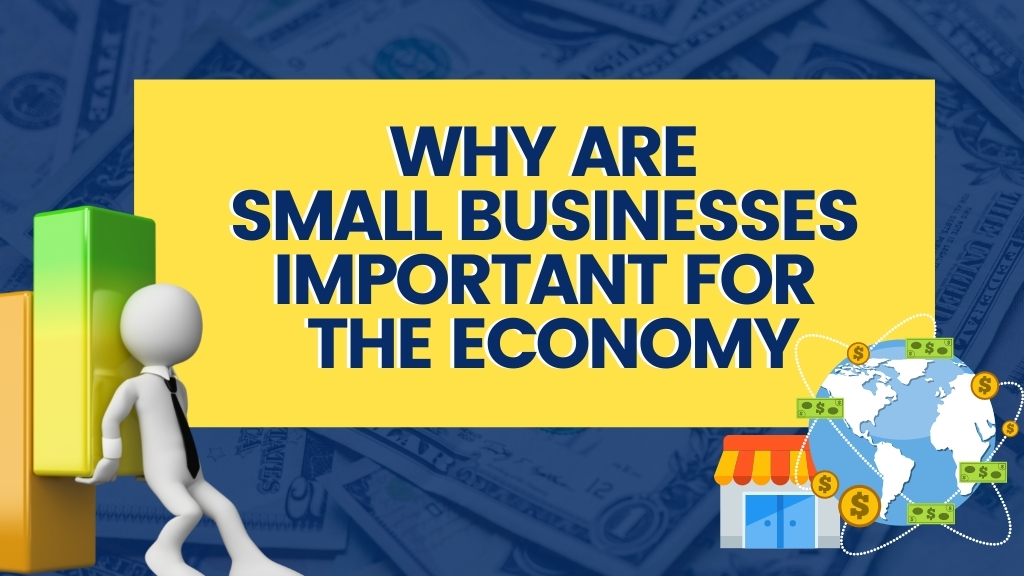

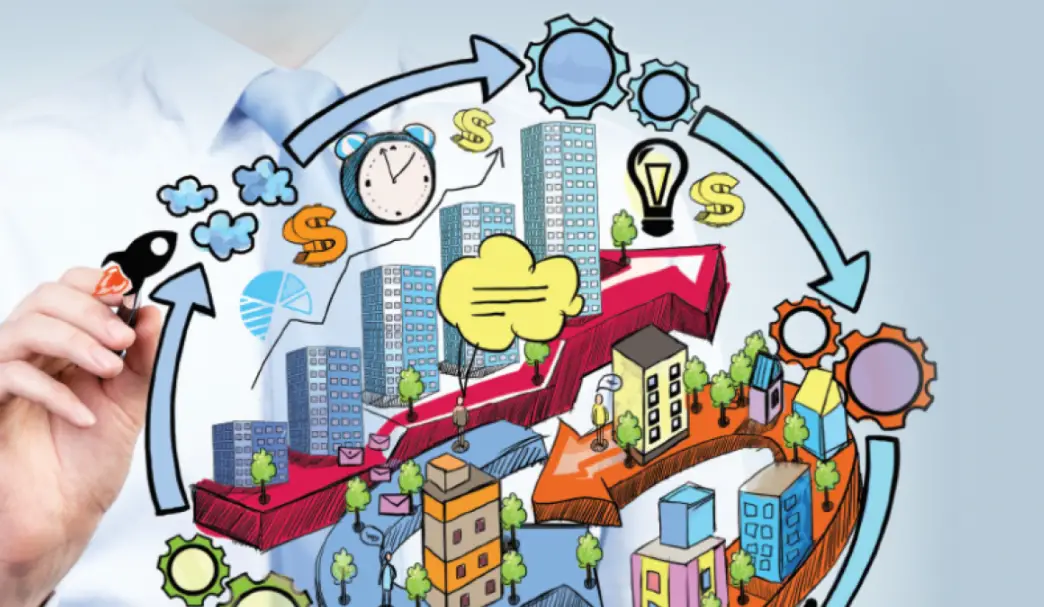


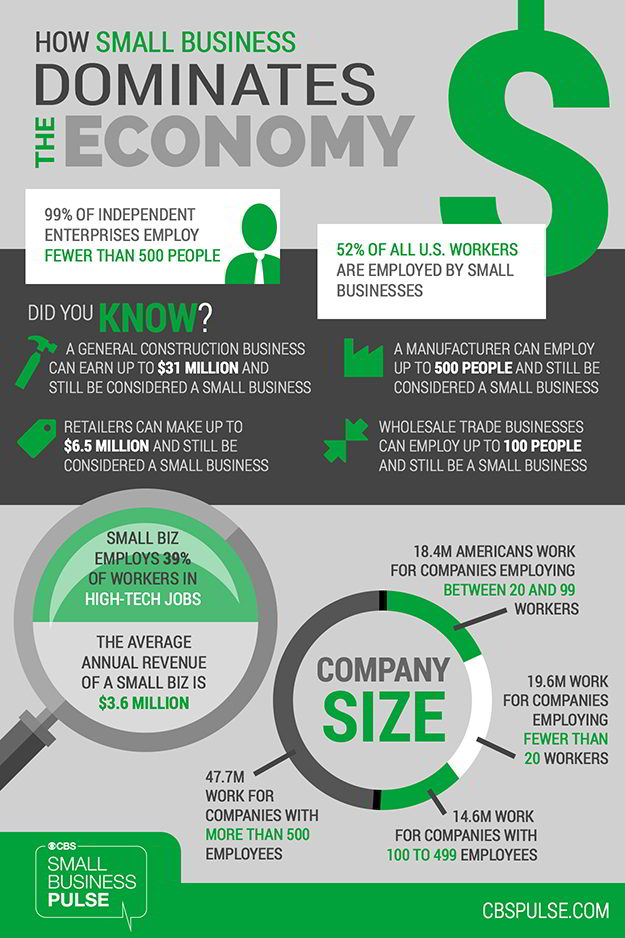


.jpg)
